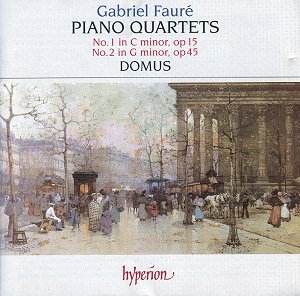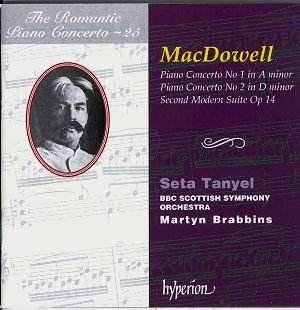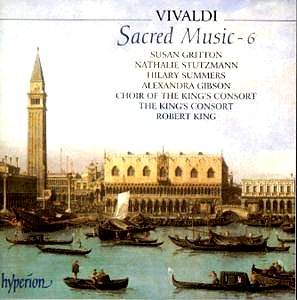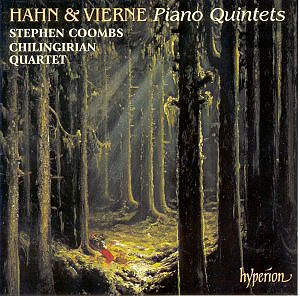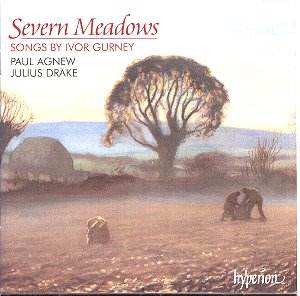
Works: MEADOWS: Songs by Ivor GURNEY
Performers: Paul Agnew, tenor; Julius Drake, piano
Recorded: Henry Wood Hall, November 2000
Label: HYPERION CDA 67243
Duration: 70:35
Date: November 2001
In the realm of English art song, Ivor Gurney stands as a towering figure, his compositions resonating with the echoes of a tumultuous era. The latest release on Hyperion, Severn Meadows: Songs by Ivor Gurney, featuring tenor Paul Agnew and pianist Julius Drake, is a compelling exploration of Gurney’s lyrical mastery, drawn from a prolific period in the composer’s life. This collection encapsulates the emotional depth and technical grace that define Gurney’s oeuvre, inviting listeners into a sound world rich with nostalgia and poignant reflection.
Gurney (1890-1937), whose life was shadowed by the ravages of World War I and subsequent mental illness, produced a significant body of song literature, with most of the selected pieces dating from 1918 to 1922. This period is particularly notable, as Gurney composed over 200 songs, many of which represent the pinnacle of his craft. The inclusion of the Five Elizabethan Songs (1913-14) establishes a formidable foundation, showcasing Gurney’s ability to weave intricate word settings that are deceptively simple yet profoundly effective. The opening song, “Since I Fled from the Place,” exemplifies this, where Agnew’s clear tenor voice navigates the delicate interplay of text and melody with an exquisite sensitivity to the underlying emotional currents.
The wartime compositions such as “By a Bierside” (1916) and “Even Such is Time” (1917) reflect Gurney’s complex relationship with his experiences as a soldier. In these songs, the overarching mood is suffused with a bittersweet melancholy, as Agnew imbues the music with a sense of yearning that resonates deeply. The subtle irony present in “The Folly of Being Comforted” is particularly noteworthy; here, Gurney’s deft use of folk-like melodic lines contrasts starkly with the weight of the text, captured effectively in Agnew’s nuanced interpretation.
Drake’s accompaniment deserves special mention; his pianistic choices complement Agnew’s vocal lines with deftness and precision. The harmonic language in Gurney’s works often traverses the boundaries of tonality, and Drake’s ability to navigate these shifts—whether through the lush, impressionistic chords in “Severn Meadows” or the rhythmic drive in “Ha’nacker Mill” (1920)—adds layers of meaning to the performance. The interplay between voice and piano is perhaps most striking in “Down by the Salley Gardens” (1921), where the delicate textures evoke a pastoral serenity that belies the deeper themes of loss and longing.
In terms of comparative recordings, one might recall the interpretations by baritone Roderick Williams and pianist Iain Burnside, which also present Gurney’s works with sensitivity but differ in vocal timbre and interpretative choices. Williams’ rich baritone lends a different emotional palette, yet Agnew’s lighter tenor offers a freshness that is equally compelling. Each artist brings forth unique insights into Gurney’s songs, and this recording stands as a valuable addition to the growing discography of Gurney’s works.
The engineering quality of this recording, captured at Henry Wood Hall, is commendable; the balance between voice and piano is well-maintained, allowing for clarity of diction and richness of tone. The acoustic space of the hall enhances the overall listening experience, enveloping the listener in the intimate dialogue between Agnew and Drake.
Historically, Gurney’s songs reflect the tumult of early 20th-century England, a period rife with both the horrors of war and the brooding introspection that followed. His ability to articulate the human condition through song makes his work not only significant within the English canon but also universally resonant. The emotional weight of his music, combined with the evocative poetry he chose to set, ensures that his contributions remain relevant and impactful.
In conclusion, Severn Meadows: Songs by Ivor Gurney is a remarkable tribute to a composer whose voice continues to resonate. Paul Agnew and Julius Drake deliver a performance that is both technically polished and deeply felt, capturing the essence of Gurney’s artistry. This recording not only serves as a testament to Gurney’s legacy but also invites a new generation of listeners to discover the beauty and complexity of his songs. It is a collection that merits repeated listening, revealing new depths with each encounter.
